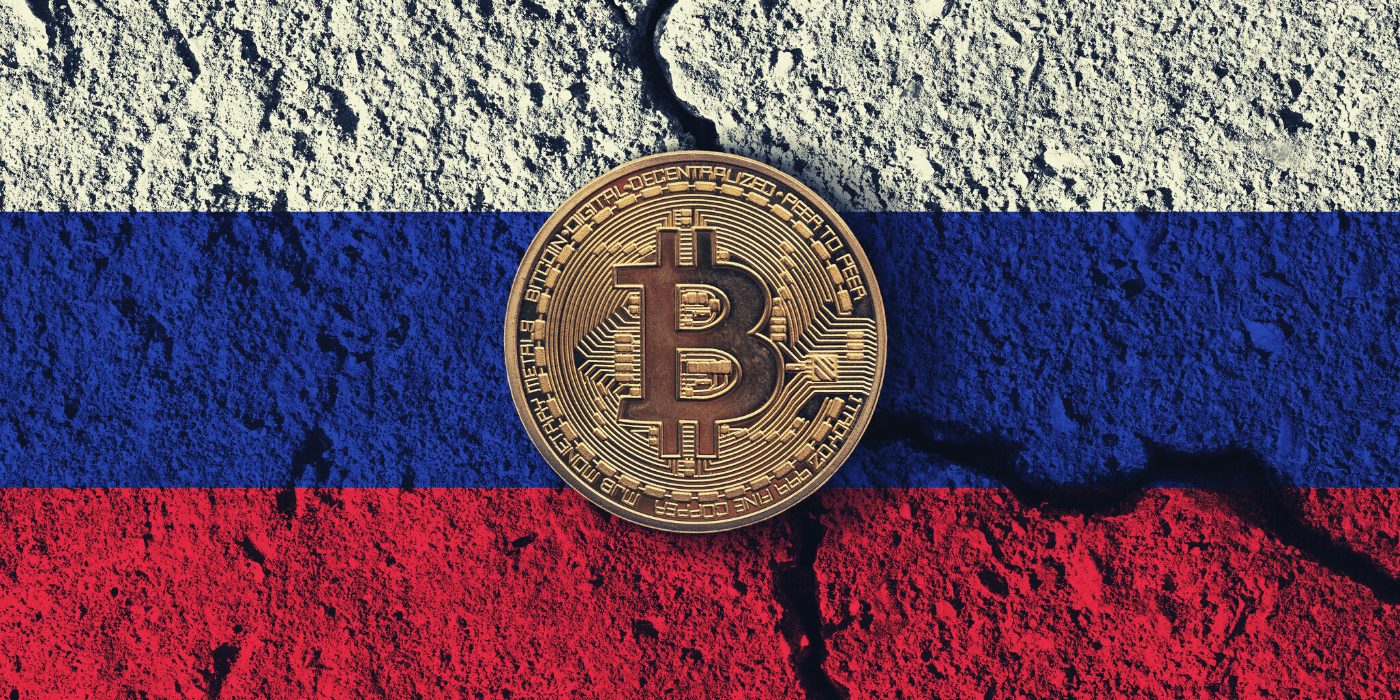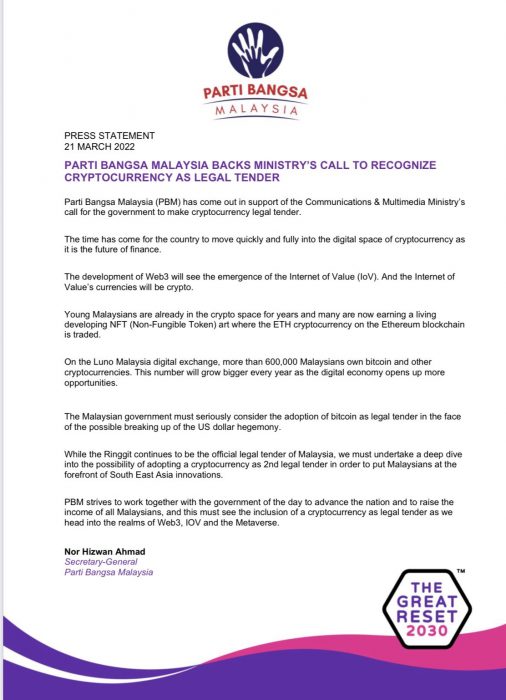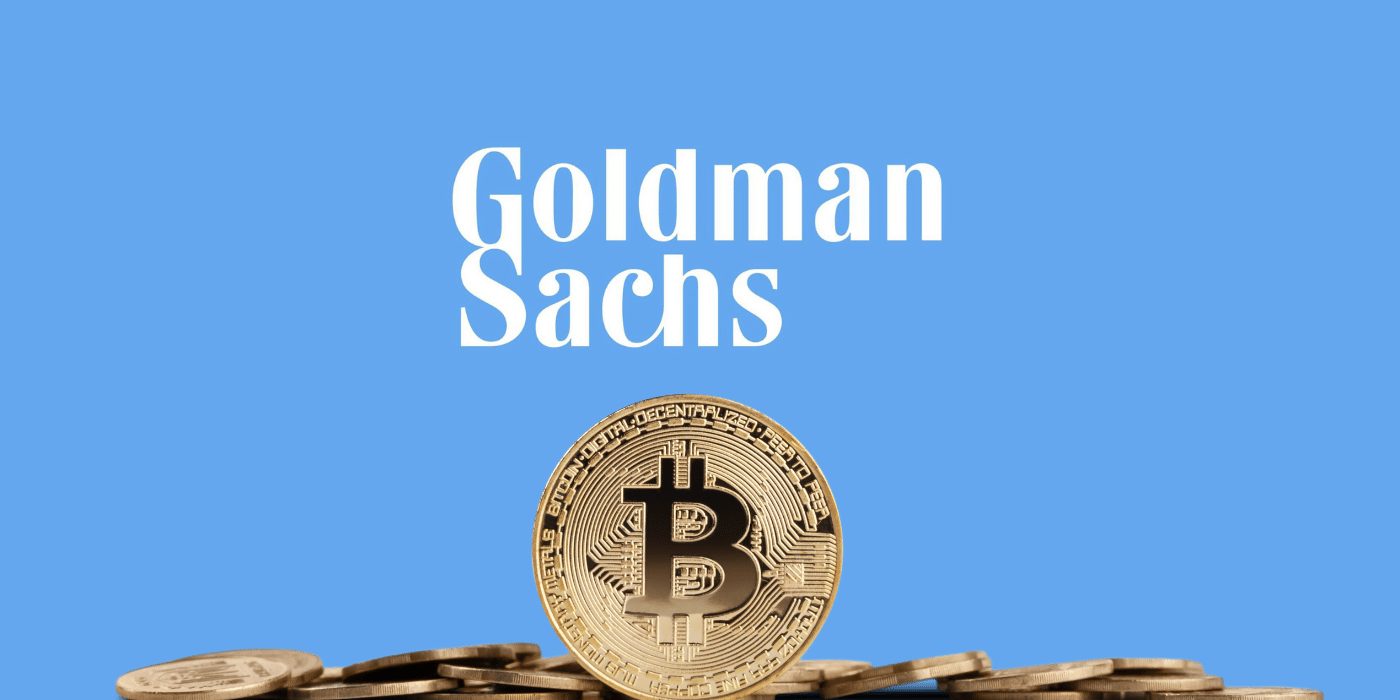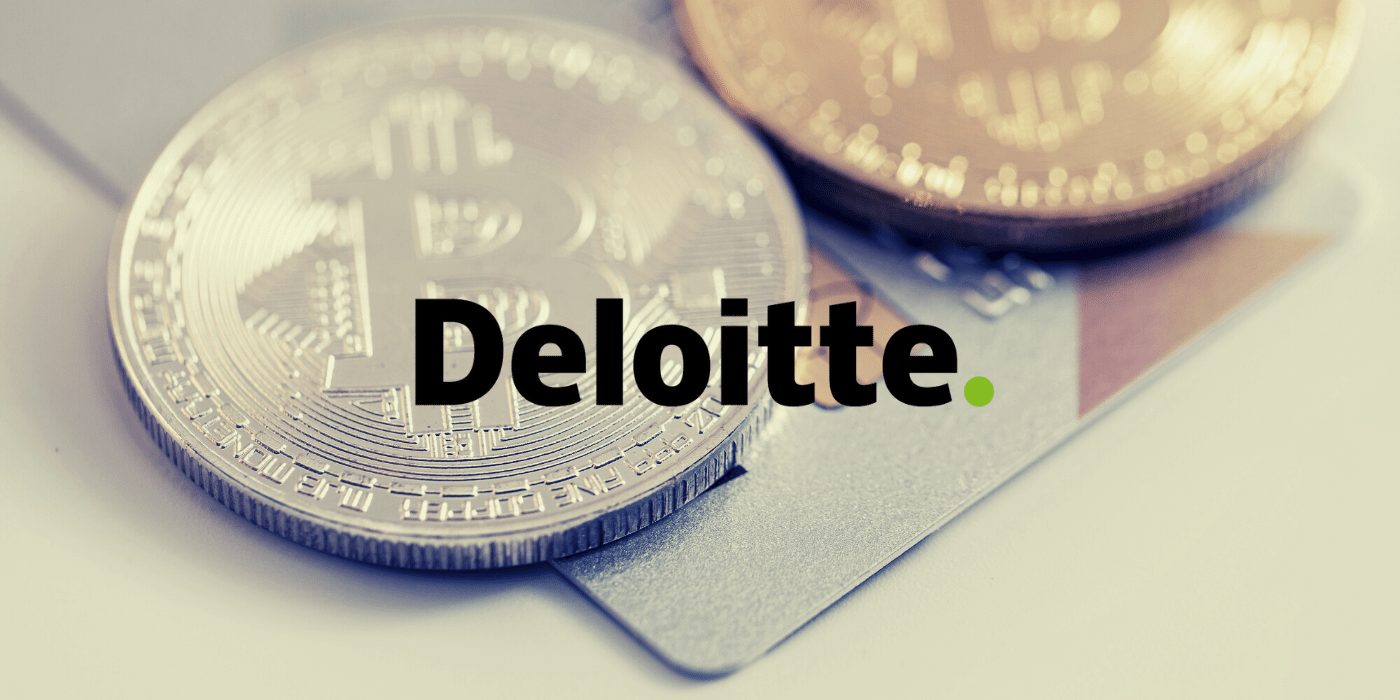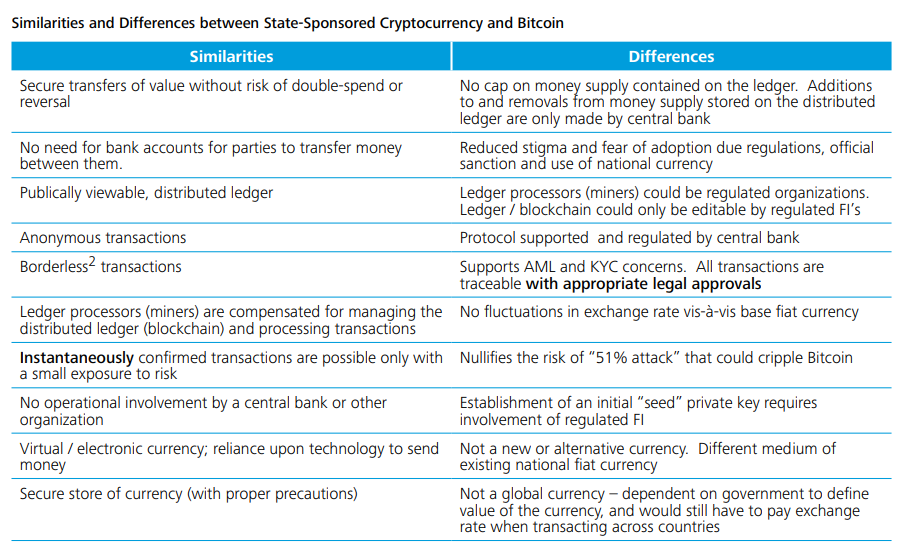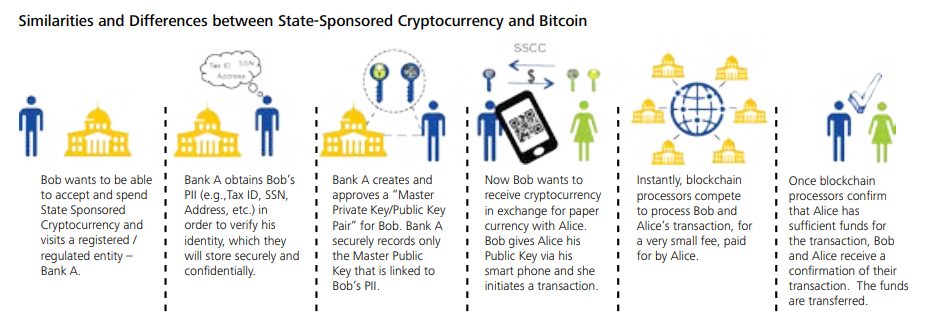According to Russia’s chairman of the Congressional Energy Committee, Pavel Zavalny, the federation is open to accepting bitcoin for its natural resources exports.
Russia Pressured to Find Alternative Solutions
Amid global economic sanctions and a rapidly depreciating national currency, Russia has found itself under significant economic pressure, requiring it to consider creative solutions to keep its economy afloat.
Since Russia exports around 10 percent of the world’s oil and about 40 percent of Europe’s natural gas, the sanctions imposed have dealt a blow to both the federation and global citizens alike. As Russia’s critical revenue source has all but dried up, everyday people are feeling the pain as global energy prices have skyrocketed. In response, Russia has resorted to accepting different currencies for its natural resources.
Russia Retaliates
According to a press conference translation, Zavalny suggested that Russia was open to accepting different currencies for its exports, though the method would depend largely on the preference of the buyer and the importing country’s relationship with Russia:
When it comes to our ‘friendly’ countries, like China or Turkey, which don’t pressure us, then we have been offering them for a while to switch payments to national currencies, like rubles and yuan. With Turkey, it can be lira and rubles. So there can be a variety of currencies, and that’s a standard practice. If they want bitcoin, we will trade in bitcoin.
Pavel Zavalny, chairman, Russian Congressional Energy Committee
The news comes after President Vladimir Putin announced earlier this week that so-called “unfriendly” countries would need to pay for Russian gas in rubles.
Harsh Measures Call For Hard Money
In his press conference, Zavalny echoed these sentiments in relation to “unfriendly countries”, saying: “When we exchange with Western countries … they should pay in hard money. And hard money is gold, or they must pay in currencies which are convenient for us, and that is the national currency – rubles.”
It’s been argued that when the G7 nations confiscated Russia’s US$700 billion in reserves, it marked the beginning of a “new monetary world order“. Whether you agree with that assessment or not, geopolitics quite clearly has had an impact. We may conceivably be witnessing the demise of the petrodollar in real-time and simultaneous emergence of a world where commodities are priced in hard assets.
While it may have been viewed as somewhat fanciful in years gone by, it is not entirely improbable that bitcoin will emerge in the coming decade as a pristine global reserve asset. At least, that’s what Bitcoiners such as Greg Foss think:

